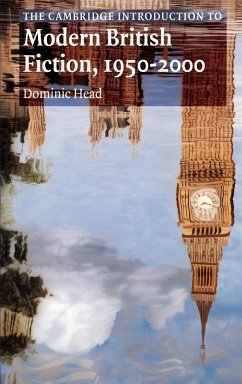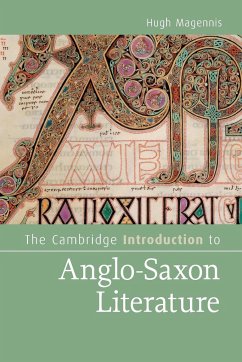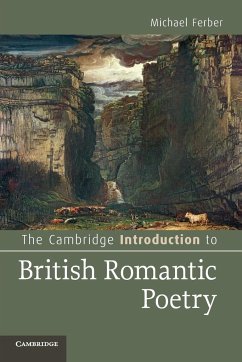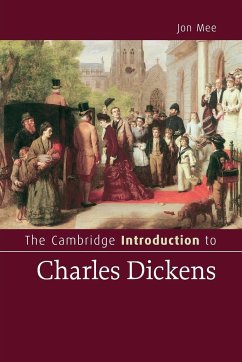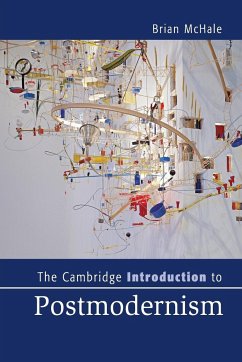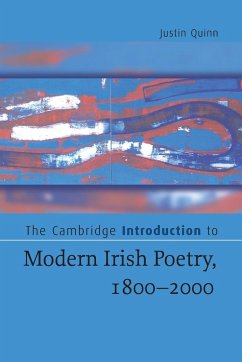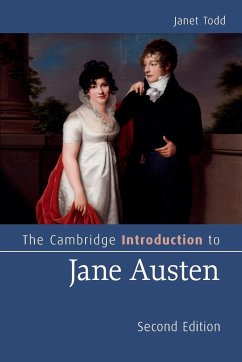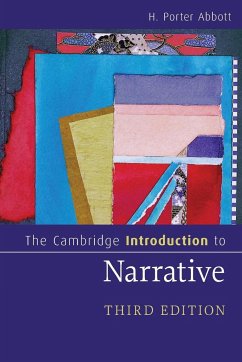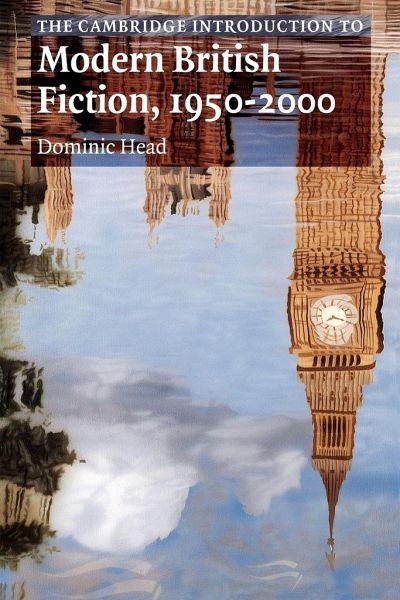
The Cambridge Introduction to Modern British Fiction, 1950 2000
Versandkostenfrei!
Versandfertig in 1-2 Wochen
44,99 €
inkl. MwSt.
Weitere Ausgaben:

PAYBACK Punkte
22 °P sammeln!
Shows how the novel yields a special insight into the social and cultural history of Britain 1950â 2000. Includes chapters on the state and the novel, class and social change, gender and sexual identity, national identity and multiculturalism. This is the most accessible, and wide-ranging introduction to the subject available.





